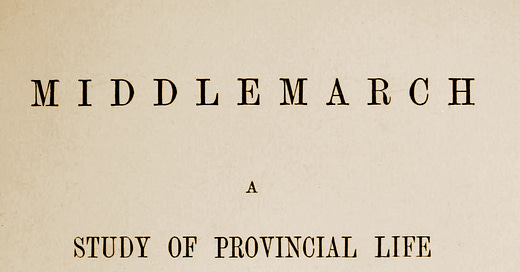Six essays that poke holes in the grey film of routine and show practical ways to widen perception, improve taste, or simply notice the world humming under your nose.
1. How to Like Everything More — Sasha Chapin
Chapin begins with an unhip admission: he has trained himself to enjoy Top-40 radio and bland airplane food. The trick isn’t forced optimism; it’s treating taste as a dial you can tune. Strip away irony, add practiced attention, and even Muzak reveals micro-hooks of pleasure. If delight is software, most of us run the factory install.
2. “I’m Rich and Have No Idea What to Do With My Life” — Vinay Shanbhag
A tech exit leaves the author with money but no narrative. Instead of chasing the next prestige badge, he experiments with structured boredom: month-long silent mornings, six-hour walks, random dinner invitations. The surprising result is not serenity but curiosity — the same muscle Chapin trains, only stretched into whole days.
3. Why Is Everyone Suddenly Reading Middlemarch? — Milo & the Calf
A wave of Zoomers is devouring George Eliot’s 1871 brick of a novel and live-tweeting the heartbreaks of Dorothea Brooke. The essay argues that “TikTok lit” is not an oxymoron; long attention spans are now a status symbol, a community signal, and a genuine source of meaning. Re-enchantment by way of 800 Victorian pages.
4. Trading Cards for Civic Connection — Tokyo Weekender
In rural Japan, a middle-aged collector prints baseball-style cards of local shop owners and bus drivers. Kids swap them like Pokémon; elders regain celebrity; strangers talk again. A small proof that you can reboot social capital with nothing more than glossy cardstock and a bit of design whimsy.
5. Fifty Years of Travel Tips — Kevin Kelly
Kelly distills half a century on the road into aphorisms: pack half the clothes and twice the money, never go back to a hotel you loved, always learn “thank you” in the local tongue. Beneath the hacks lies a worldview: the planet is a library of affordances, but borrowing privileges belong to the mildly prepared.
6. Sisyphus Unbothered — Hollis Robbins
Robbins rereads Camus’s essay in the age of Slack pings and dopamine loops. Her twist: Sisyphus isn’t heroic because he accepts meaningless toil; he’s heroic because he reframes the hill as infinite reps in a cosmic gym. Master the micro-frame and you rob futility of its sting.
Parting Thought
Taste, money, novels, cardstock, itineraries, even boulders rolling downhill - all of them feel fixed until you flip one mental switch. Re-enchantment isn’t escapism, it is firmware for interacting with a world that never stopped being interesting.



